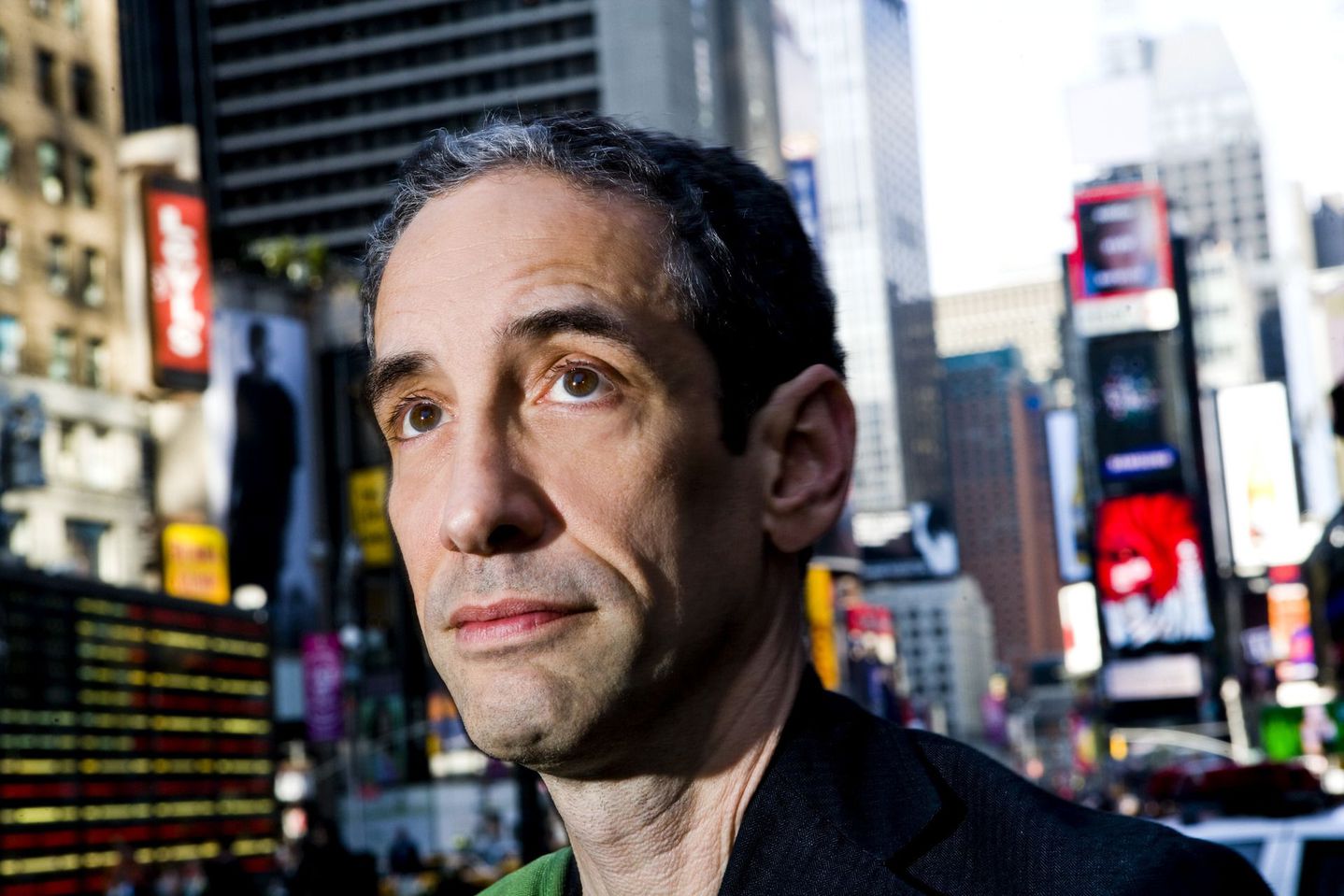Media Theorist Douglas Rushkoff Joins MashableReads

Our next non-fiction selection for the MashableReads social book club is Douglas Rushkoff‘s Present Shock. We’ll be hosting a Twitter chat with Rushkoff on Dec. 16 from 5:30 p.m. to 6 p.m. ET. You can discuss the book with the author personally, along with other participants from all over the world. In Present Shock, Douglas Rushkoff details our culture’s recent shift from our concentration on thinking toward the future to our obsession with the present through pop culture, social media and work habits. Rushkoff notes how we use smartphone alerts and multi-tasking in an attempt to emulate the productivity rates of machines, but highlights the risk we run of ignoring natural biological cycles in doing so. Far from rejecting new technology, Rushkoff suggests a balanced approach to navigating a connected life that allows us to experience the moment without missing it altogether. Be sure to follow @mashlifestyle to discuss Present Shock, using the hashtag #MashReads during the chat. You can also join our Facebook group to stay updated on MashableReads, and let us know what you think of the book throughout the month. Want to hang out with the author in person? Share your thoughts on the book using the hashtag #MashReads via Vine video, Instagram or Twitter prior to the chat, and we will select 10 people to visit Mashable‘s New York headquarters to meet Douglas Rushkoff and participate in our book club. If you want to get started on Present Shock, you can listen to the first chapter from Audible below. Below, we spoke with Rushkoff about chronobiology, the importance of personal connection and resistance to mobile technology. Q&A with Douglas Rushkoff Mashable: Given your discussion of the active nature of modern entertainment with DVR and channel surfing, I’m curious to hear your thoughts on fantasy sports. Do you think they enhance sports fandom by making participants more likely to watch games because they feel like they’re participating in them, or do you think they cause us to miss out on the moment because we’re checking a box score instead of watching the game? Rushkoff: It always depends who you are and how you’re engaging. Fantasy sports went a long way toward developing the sabermetrics formulas used not only by oddsmakers but general managers in hiring players. So the amateur fantasists ended up creating some of the algorithms that Oakland GM Billy Bean’s statisticians used to win games with less salary money available for star players. As far as downsides, I’m not very concerned with people being distracted from the TV (I mean, who really cares if they’re looking at a different screen, or texting with fellow fans instead of paying attention to the corporate-sponsored game?). What I am more concerned about is the way that “money ball” changes the game itself, as well as the bigger culture of fandom. Everything is done with stats now. Players’ bonuses are based in numbers of wins or strike outs. So in order to save money, managers now pull pitchers from […]